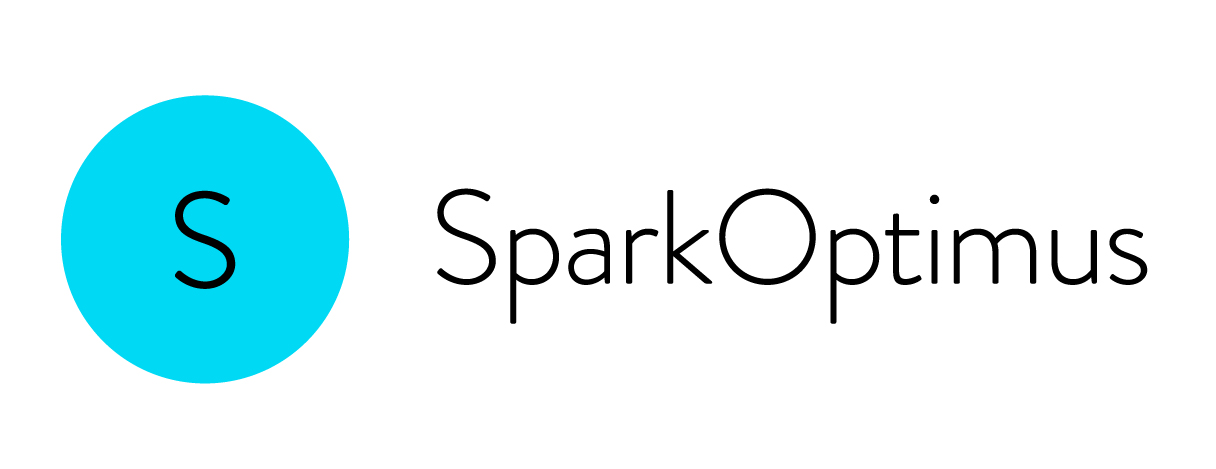

SparkOptimus

North Holland, Netherlands The
February 2024
Management consultant - for-profits
Service with Minor Environmental Footprint
Germany,
Netherlands The,
Switzerland,
United Kingdom
Since our inception in 2010, SparkOptimus has established itself as one of Europe's premier digital consultancies, consistently guiding businesses toward success in the digital era. Our extensive track record speaks volumes, with over 350 clients across 25+ countries entrusting us with over 1,000 projects. Our portfolio encompasses groundbreaking disruptors and industry giants alike, including Bol.com, eBay, IKEA, and Heineken. Our expertise lies in strategic consultancy tailored specifically for achieving success in the digital, sustainable, and (Gen) AI landscape, and bridging the gap between strategic vision and on-the-ground execution. We delve into the 'why,' 'what,' and 'how,' ensuring our clients not only conceptualize innovative strategies but also execute them effectively. Our focus centers on change management and capability building, emphasizing the importance of creating fast-learning, adaptive organizations. Our ultimate objective is to cultivate organizations that not only adapt to change but thrive in it, delivering early and impactful business results. We manage over 160 projects annually, leveraging our strategic presence with our headquarters in Amsterdam, and hubs in Düsseldorf and Zürich. Join us on the journey of transforming businesses from strategy to actio
Overall B Impact Score
Governance 16.0
Governance evaluates a company's overall mission, engagement around its social/environmental impact, ethics, and transparency. This section also evaluates the ability of a company to protect their mission and formally consider stakeholders in decision making through their corporate structure (e.g. benefit corporation) or corporate governing documents.
What is this? A company with an Impact Business Model is intentionally designed to create a specific positive outcome for one of its stakeholders - such as workers, community, environment, or customers.
Workers 40.4
Workers evaluates a company’s contributions to its employees’ financial security, health & safety, wellness, career development, and engagement & satisfaction. In addition, this section recognizes business models designed to benefit workers, such as companies that are at least 40% owned by non-executive employees and those that have workforce development programs to support individuals with barriers to employment.
Community 15.4
Community evaluates a company’s engagement with and impact on the communities in which it operates, hires from, and sources from. Topics include diversity, equity & inclusion, economic impact, civic engagement, charitable giving, and supply chain management. In addition, this section recognizes business models that are designed to address specific community-oriented problems, such as poverty alleviation through fair trade sourcing or distribution via microenterprises, producer cooperative models, locally focused economic development, and formal charitable giving commitments.
Environment 10.7
Environment evaluates a company’s overall environmental management practices as well as its impact on the air, climate, water, land, and biodiversity. This includes the direct impact of a company’s operations and, when applicable its supply chain and distribution channels. This section also recognizes companies with environmentally innovative production processes and those that sell products or services that have a positive environmental impact. Some examples might include products and services that create renewable energy, reduce consumption or waste, conserve land or wildlife, provide less toxic alternatives to the market, or educate people about environmental problems.
Customers 2.1
Customers evaluates a company’s stewardship of its customers through the quality of its products and services, ethical marketing, data privacy and security, and feedback channels. In addition, this section recognizes products or services that are designed to address a particular social problem for or through its customers, such as health or educational products, arts & media products, serving underserved customers/clients, and services that improve the social impact of other businesses or organizations.